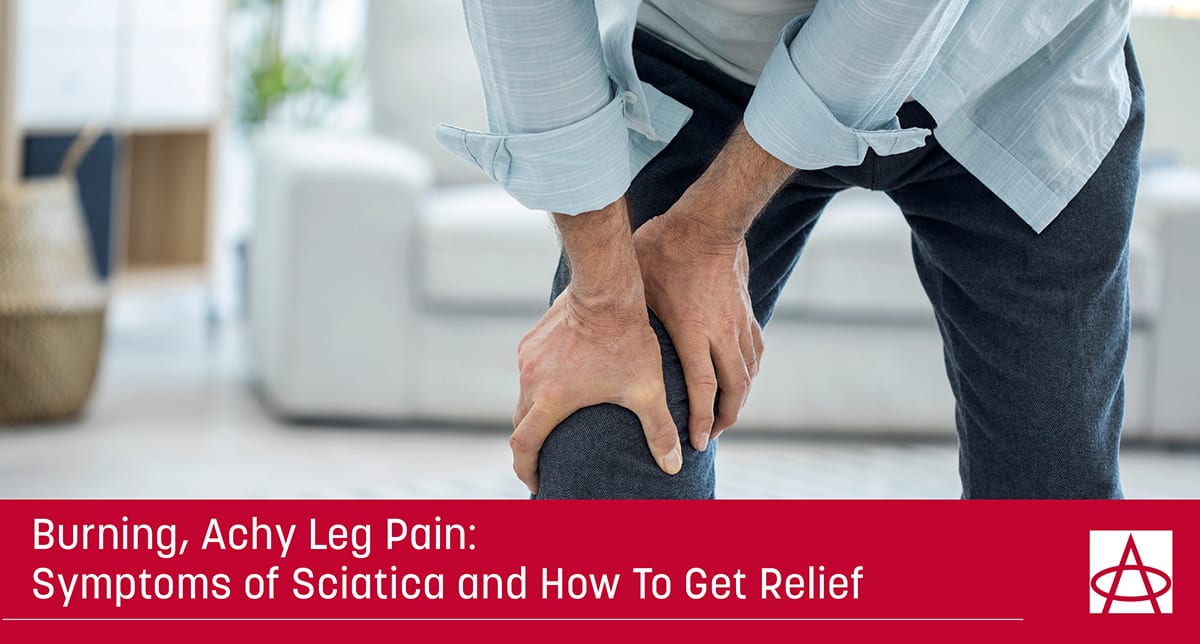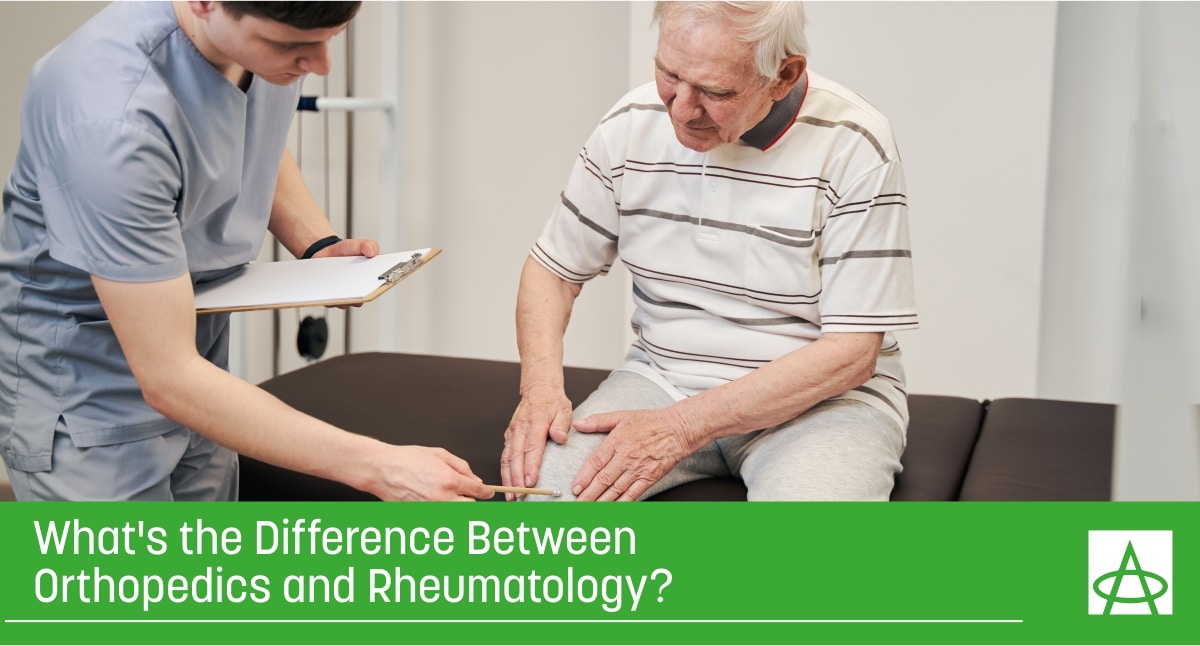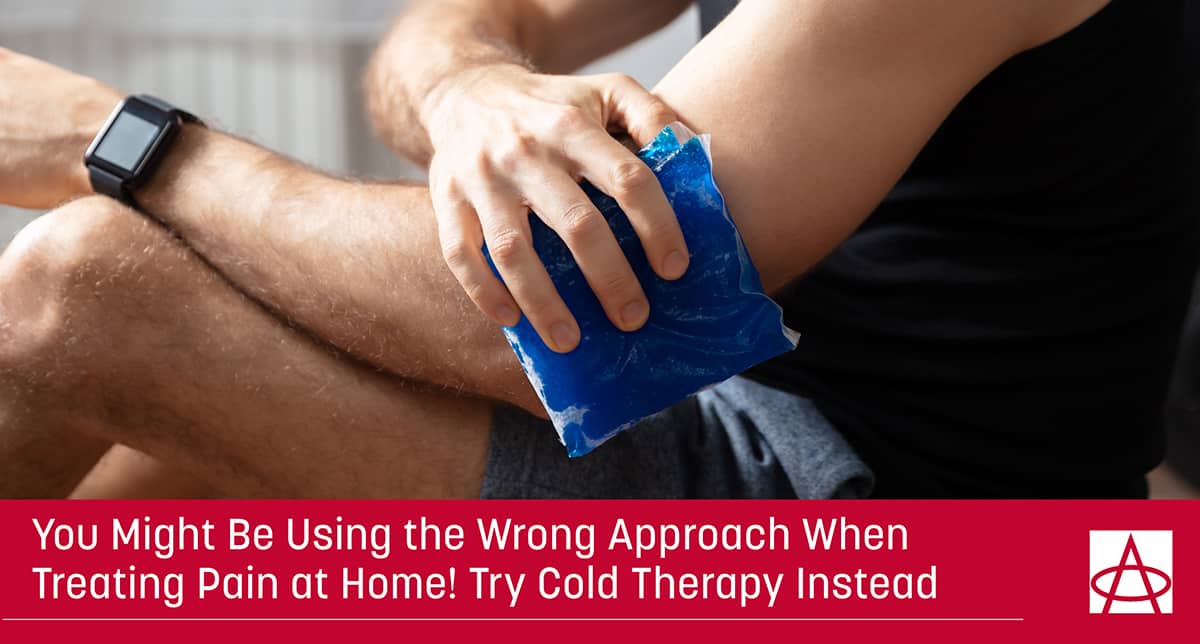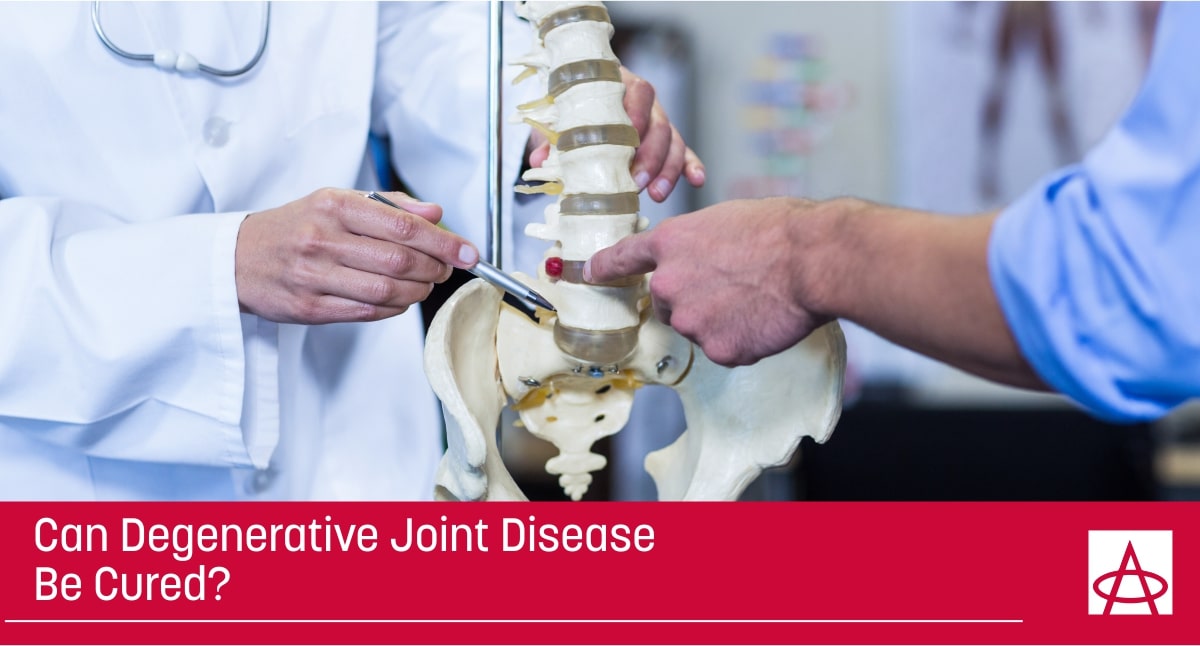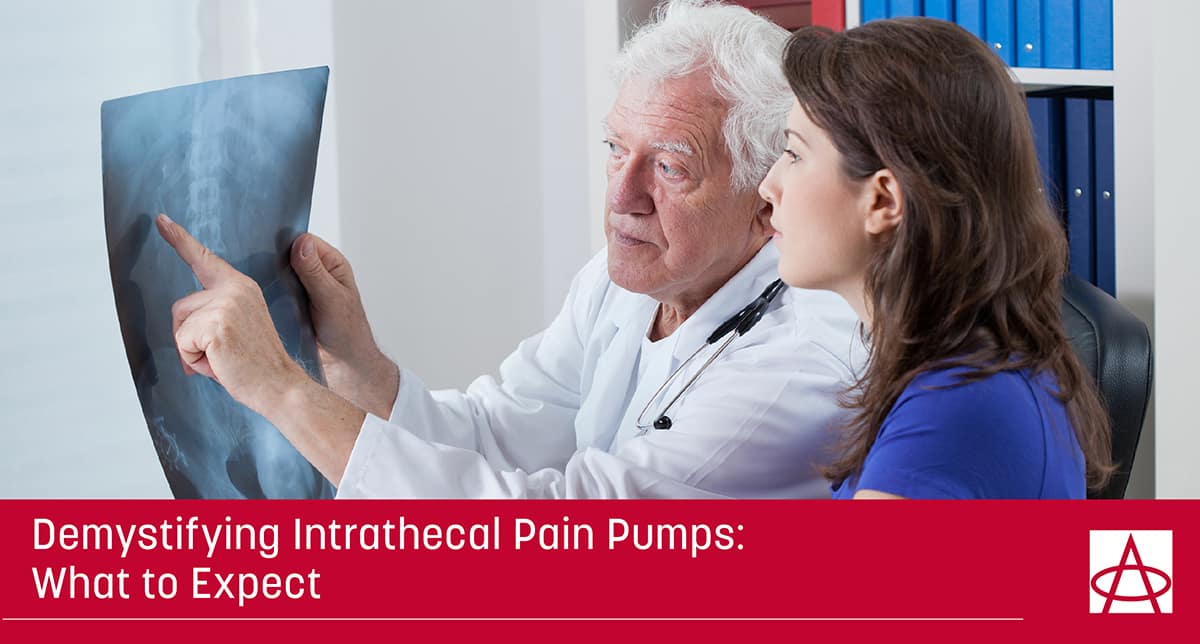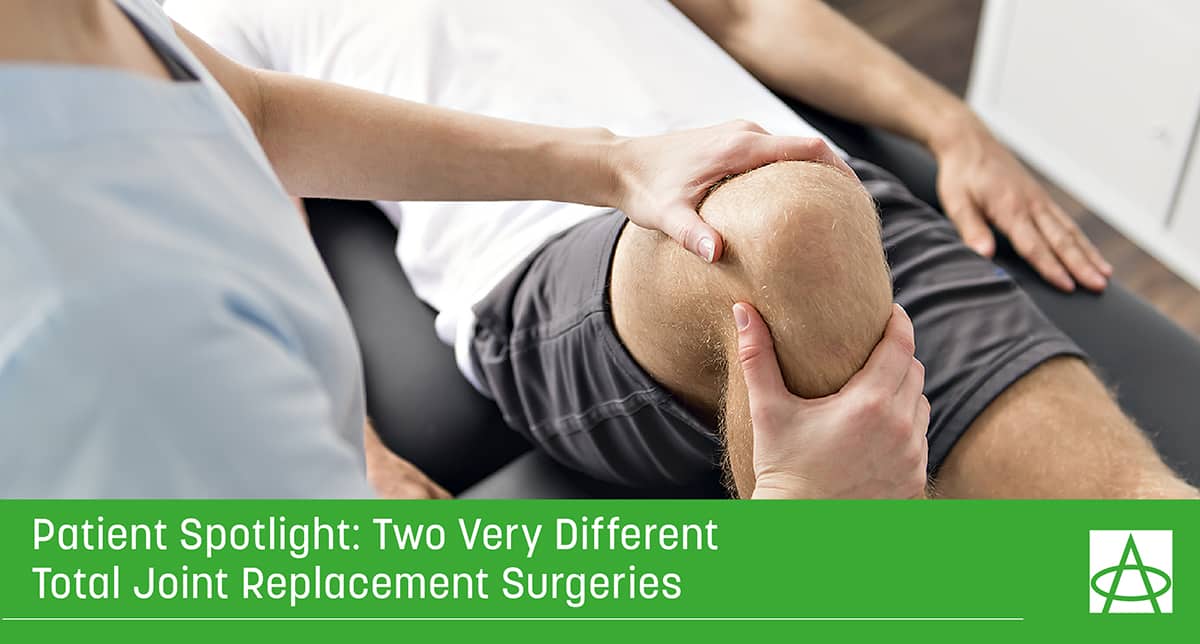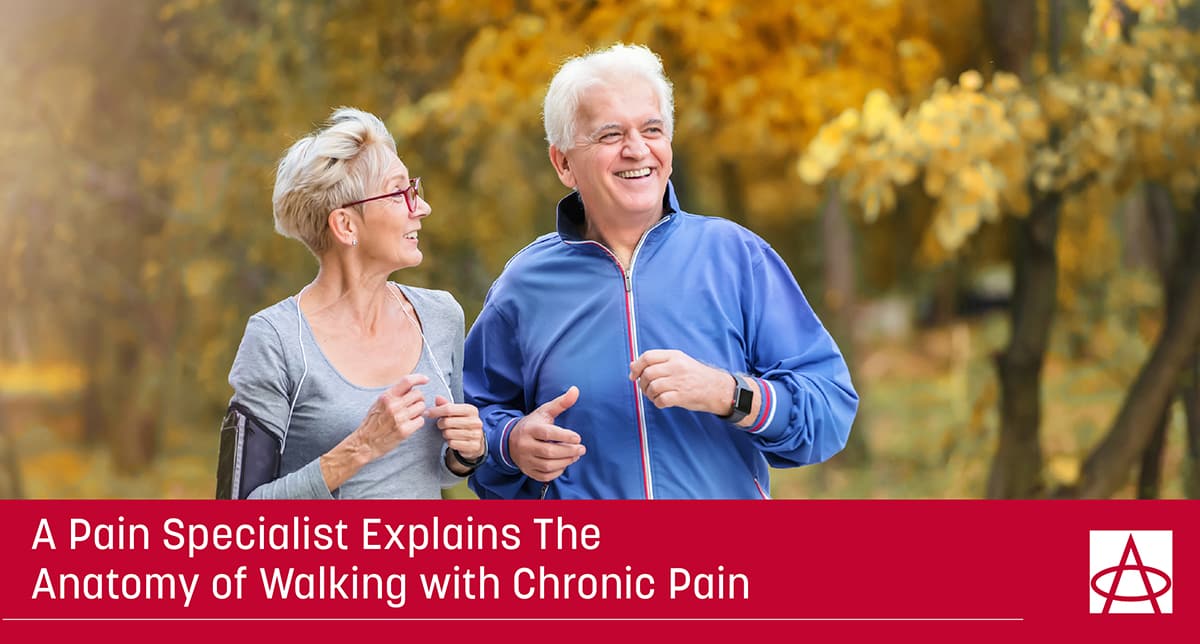7 Signs It’s Time to See A Neurologist
It’s not surprising to see how some severe disorders like prolonged headaches, vision problems, memory issues, or recurrent pain in different parts of the body, are mistaken by general physicians for common illnesses. Many patients then undergo long medication courses to see no improvement or, sometimes, even worsening of these conditions which impact their everyday activities. When these problems are related to the nervous system processes (the peripheral and central nervous system, spinal cord, and brain); a neurologist must be your go-to physician. Neurologists use non-surgical methods such as medications, nerve blocks, and physical therapy. They are also experts at determining
Dealing With Endometriosis Pain Is Challenging–But There’s Hope!
By Advanced Pain Care Endometriosis is a disease where tissue that usually grows in the uterus during the menstrual cycle is found outside the uterus. It can cause extreme pain and compound with existing menstrual cramp pain. It’s also a common painful condition, affecting as many as 1 in 10 women during their chilbearing years. Most of the abnormal tissue growth occurs in the abdomen, but it could be anywhere in the body. It grows in time with the menstrual cycle and the abnormal tissue growth can cause inflammation and pain wherever it is located. This can cause mild to severe pain
Burning, Achy Leg Pain: Symptoms of Sciatica and How To Get Relief
By Adam Spjute, M.D. Sciatica is a condition where pain radiates from your buttocks and lower back, down your legs, following the same path as the sciatic nerve. However, sciatica is a bit of a misnomer. Most sciatica pain has nothing to do with the sciatic nerve. Sciatica is most commonly caused by issues above the sciatic nerve, in the lumbar spine. These spinal issues can cause pain that mirrors the path of the sciatic nerve. There are many options for sciatica pain relief, ranging from physical therapy to medication to surgical intervention. However, the appropriate treatment is specific to the cause
What’s the Difference Between Orthopedics and Rheumatology?
Approximately 1 out of every 4 adult Americans experience joint pain and stiffness caused by conditions such as arthritis or gout [1]. According to recent research, an estimated 24% of American adults (approximately 58.5 million people) have been diagnosed with gout, lupus, rheumatoid arthritis, general arthritis, or fibromyalgia [2]. When suffering from persistent, acute, or chronic pain, knowing whom to consult for the right treatment is a crucial first step. Both orthopedics and rheumatology specialists can provide effective management and treatment of these conditions. However, while one treats them with surgical options, the other explores medical and non-surgical treatment options to
You Might Be Using the Wrong Approach When Treating Pain at Home! Try Cold Therapy Instead
By Advanced Pain Care Cold therapy, or cryotherapy, is a healing technique that exposes parts of the body or the whole body to controlled periods of extremely cold temperatures. Cold therapy can be used for a localized, smaller area like a joint or muscle, or larger swaths of the body. It can also range from a simple ice pack to much more advanced techniques like nitrogen chambers. Cold temperatures decrease blood flow to the area being treated for a short period, which can aid in reducing swelling, inflammation, and even nerve activity. In turn, this will reduce pain around the muscles, joints,
Can Degenerative Joint Disease Be Cured?
Degenerative joint disease affects millions of people worldwide, primarily in the form of arthritis. In the United States alone, approximately 32.5 million people suffer from osteoarthritis, which is one of the most common forms of the 100 different types of arthritis. While the highest incidence is among people aged 55-64, with women being the most affected, those above the ages of 45 are also susceptible to this joint degeneration[1]. Degenerative diseases of the joints develop with inflammation in the joints or when the cartilage within the joints in the human body (usually the spine, hands, hips, and knees) begins to wear
Lingering Pain From an Old Injury? How to Address Pain That Doesn’t Go Away
By Advanced Pain Care Lingering pain can come from many different sources: an old trauma, surgery pain, or pretty much any injury that should have gotten better, but hasn’t. It’s usually a frustrating experience to be saddled with pain when it should have gone away. We know that any kind of pain can affect our mindset and mental health. This is especially true with lingering pain or pain that doesn’t go away, because there’s a whole other dimension of helplessness that colors the experience. However, the unfortunate truth is that the experience of pain varies widely and no two people have the
Demystifying Intrathecal Pain Pumps: What to Expect
By Advanced Pain Care Intrathecal pain pumps can sound intimidating, but they’re actually a great option for patients with severe chronic pain who haven’t yet found a treatment that works well for them. An intrathecal pain pump is placed under the skin and administers pain medication at a regular rate to combat severe chronic pain. The pain pump itself is a reservoir that holds the medicine and is connected to an intrathecal catheter which runs through the thecal sac, the area around the spinal cord that is filled with fluid. The pain medication is delivered to this thecal sac area at a
Patient Spotlight: Two Very Different Total Joint Replacement Surgeries
By Vernon Rerich When I learned I had to get both knees replaced, it was a daunting thought. How could I take enough time off of work to get both surgeries and fully recover? As someone who works a physically-demanding job, it seemed even more far-fetched. However, these were the circumstances I found myself in last year when my job gave me six months off to get my procedures done. It was already going to be a tight squeeze, but when the ice storm hit Texas, I lost two weeks. I was worried that I wasn’t going to be able to get
A Pain Specialist Explains The Anatomy of Walking with Chronic Pain
By Austin Horrocks, D.O. Chronic pain can make any of us into a bit of a hermit. It’s hard to do the things we love to do when they’re physically challenging or even painful. It can be easier to withdraw from certain activities and social obligations. This is where walking comes in! It may seem small in comparison to the magnitude of things you want to do. However, it’s a great place to start. Walking has numerous physiological and psychological benefits for people struggling with chronic pain. It can also be just the thing to help you ramp up your physical exercise and




